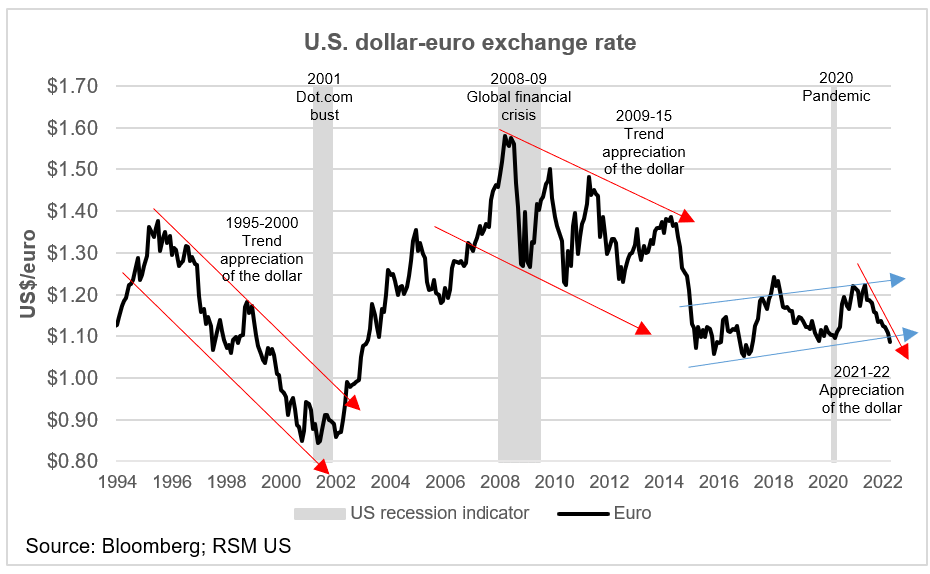As I've said before, "Inflation is everywhere a monetary phenomenon". The converse is also true. Milton Friedman.
Inflation and Deflation have nothing to do with prices although at dramatic times in history prices have followed.
But you can deflate the money supply and have rising prices - like in Japan and Russia.
You can inflate the money supply and also have falling prices - like the US experienced from 2008 to 2019 with oil prices etc.
The US has massively inflated its money supply since 2008 - while many countries like China, Japan and Russia have not.
Money supply is a function of velocity, gold valuation, and oil price.
A way to illustrate this is the Federal Reserve Capital vs. Assets.
FED Reserve Capital are predominantly Gold and bank reserves the FED requires of banks.
Assets are the printed money (generalized as M2) that is circulating.
I went with Capital vs. Assets because for banks "assets vs. liabilities" is confusing - for someone like you probably very confusing.
A bank's assets are debt, while its liabilities is capital (the thing that capitalizes a bank such as deposits).
So for the FED that is deposits (reserve requirements) and gold.
Which is why the FED has two primary deflators. Gold price and bank reserve requirements. For instance in 1937, battling what it perceived to be inflation because of rising prices - the FED raised bank reserve requirements in November 1936 and destroyed the economy leading to the 1937 crash and recession.

Did the Reserve Requirement Increases of 1936–1937 Reduce Bank Lending? Evidence from a Natural Experiment
The recession of 1936–37 was one of the most severe recessions in economic activity in the history of the United States. This sharp but short-lived recession occurred while the U.S. economy was recovering from the Great Depression of 1929–1932. After expanding for 50 months, from March of 1933...blogs.worldbank.org
This was seen as a gross error of the FED in hindsight.
But, at the time, rising prices and rising loans lent meant the FED thought we were experiencing inflation. Truth is there was not enough currency in the system, we were still experiencing deflation, and so when the FED activated one of its deflators (reserve requirements) raising capital for the FED, it crushed the economy.
Another deflator is interest rates.
Hence it's pretty obvious when a country has positive real interest rates it's deflationary.
Hence Russia is very obviously experiencing deflation.
So is China but for different reasons.
There's a reason this is important. Trade Surplus countries are supposed to inflate. Trade Deficit countries are supposed to deflate.
The US is inflating and Russia and China are deflating, so are Japan and Germany (both export surpluses also).
This is destroying liquidity, and we've been stuck in this crisis pattern since 2008. Now the crisis is reaching a boil.
Hence I told you - read about how France and the US accidentally blew up the global economy in 1930.
Good Lord, you reinforce the argument that the Internet is detrimental to human knowledge. Nothing what you say is intellectually consistent, and most isn't even remotely correct.


